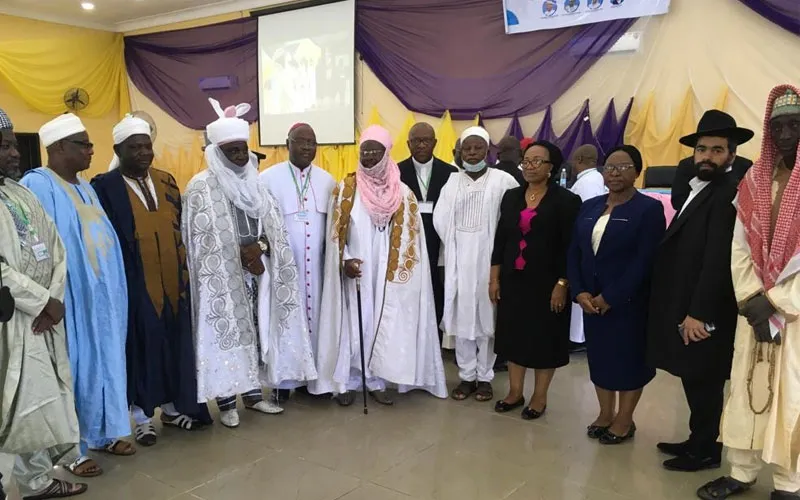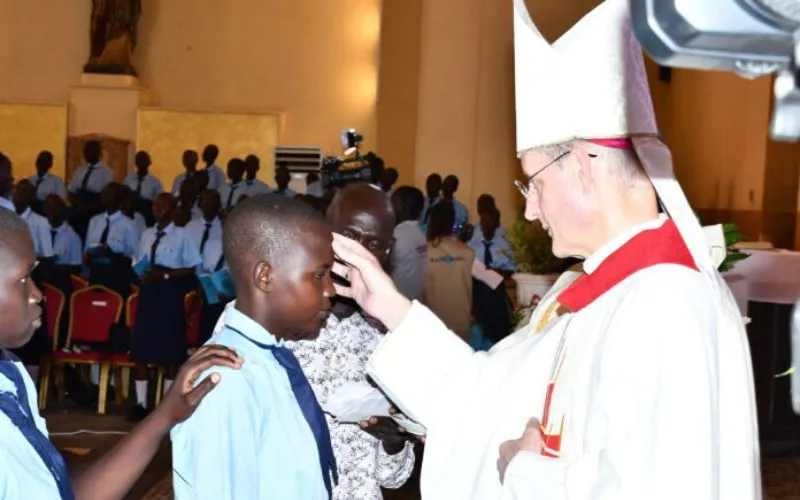“The era of constant battle is over and the era of dialogue and consensus has been established,” Archbishop Kaigama said during the conference that was held under the theme, “Rethinking Interfaith, Cultural, Ecumenical and Religious Dialogue in a Nigeria's Pluralistic Context.”
According to the Local Ordinary of Abuja Archdiocese, Nigerians “must make room for every form of human diversity. For this reason, rethinking the concept of dialogue in Nigeria and giving it a prime position cannot but be done now. Cases of Christians fighting Christians or Muslims fighting Muslims would not exist when we consider the option of dialogue.”
He said, “There can be no good management of diversity without the knowledge of one another, and there can be no knowledge of one another without coming together.”
“The table of dialogue is where peace is shared. It gives an opportunity for people to air their grievances and explain the misconceptions about others. If this is sincerely done, our diversity will not snowball into crises or conflicts,” Archbishop Kaigama said during his May 12 address.
He continued, “Dialogue of life is living and interacting with people of other faiths and understanding that there is another view or religion.”
“The religious extremist would say no to the dialogue of life. This is why they would call for Muslims alone or Christians alone to live in a particular section of the country or city,” the Local Ordinary of Abuja Archdiocese said.
He continued in reference to religious extremists, “They would advocate for Muslims alone to go to Muslim schools and Christians alone to go to Christian schools. But can they also maintain a Muslim-alone road or Christian-alone market?”
“Religious crisis results from exclusivism. It is a situation where a believer feels that his own faith is the one true faith and others have no basis or worse still, to apply such derogatory terms as infidels or unbelievers,” Archbishop Kaigama said.
He added, “Dialogue has the extreme capacity to do what the bombs, guns, deadly arrows, spears and vicious early morning or late-night attacks cannot resolve.”
“The historical composition of Nigeria, its amalgamation, military rules, etc. have created problems that must be objectively analyzed and dispassionately resolved,” the Nigerian Archbishop said.








